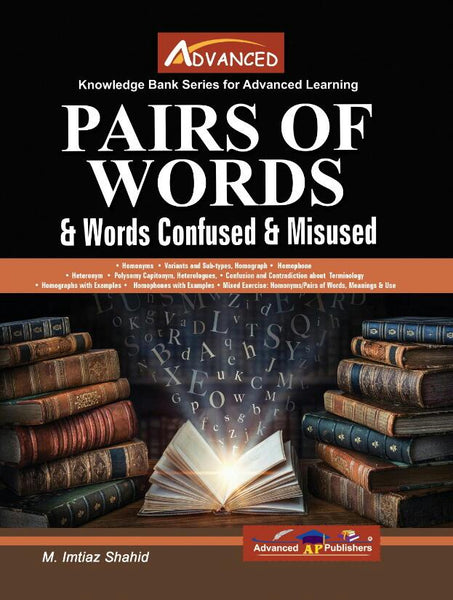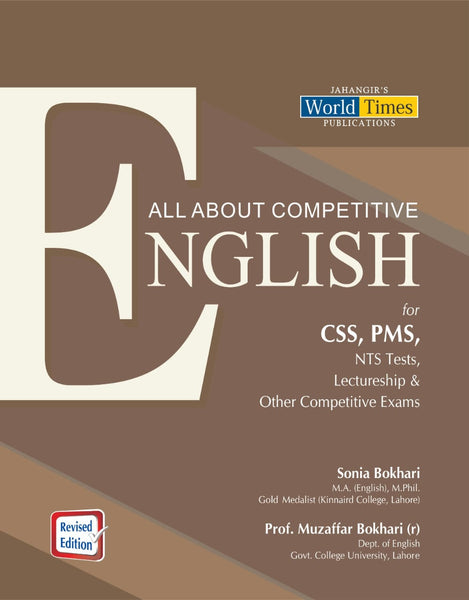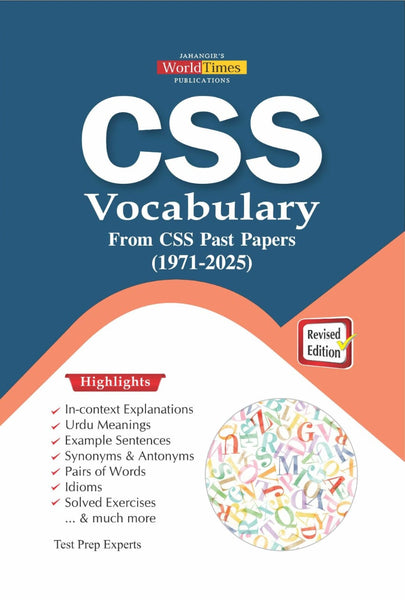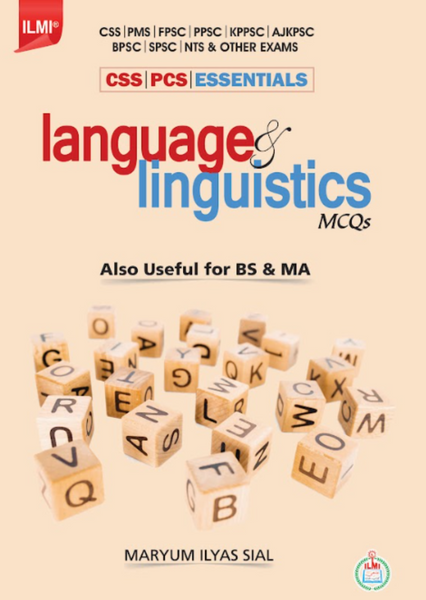To The Lighthouse by Virginia Woolf - Famous
- Publisher: FAMOUS PRODUCTS
- Availability: In Stock
- SKU: 07074 R1 0305
Rs.600.00
Tags: 20th-century literature , Artistic prose , Artistic vision , Beacon imagery , Beacon symbolism , Evocative language , Evolution of characters , Experimental narrative , Experimental prose , Famous , Life reflections , Lighthouse metaphor , Literary classics , Literary innovation. , Literary modernism , Metaphorical journey , Modernist literature , Moments of clarity , Personal identity , Personal introspection , Philosophical introspection , Psychological exploration , Reflective narrative , Reflective prose , Reflective storytelling , Stream of consciousness , Stream-of-consciousness narrative , Symbolic journey , Time and memory , Time passing , Time perception , Timeless classic , Transcendental journey
"To The Lighthouse" by Virginia Woolf is a landmark novel in modernist literature, renowned for its experimental narrative style and profound exploration of human consciousness. Set in the early 20th century, the novel unfolds over two days as the Ramsay family and their guests navigate the complexities of relationships and the passage of time. Central to the narrative is the symbolic journey to the lighthouse, a motif that reflects the characters' aspirations, desires, and the elusive nature of personal fulfillment. Woolf's prose is celebrated for its introspective depth, offering readers a vivid portrayal of inner thoughts and emotions amidst the backdrop of the serene Scottish coast.
Key Points:
- Explores modernist themes of consciousness and subjective reality.
- Symbolism of the lighthouse as a metaphor for aspiration and existential longing.
- Shifts in narrative perspective across three distinct parts: "The Window," "Time Passes," and "The Lighthouse."
- Captures the effects of time and external events on characters' lives and relationships.
- Emphasizes introspection and the complexities of human emotions.
- Reflects Woolf's innovative narrative techniques and stream-of-consciousness style.
- Themes of memory, identity, and the fleeting nature of personal fulfillment resonate throughout the novel.

























